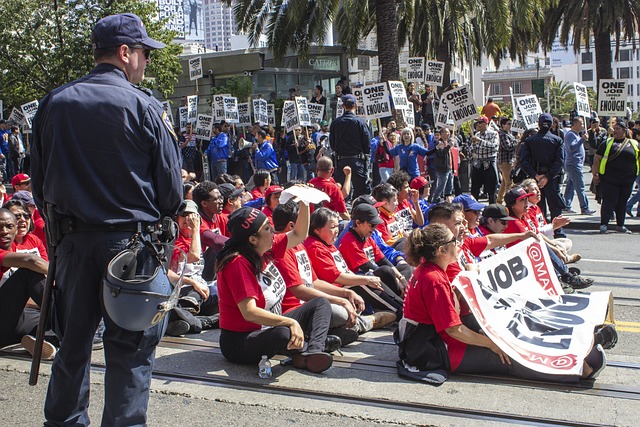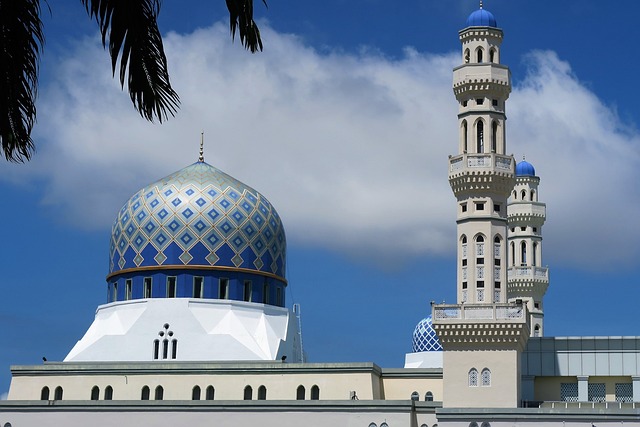Article Title:Religion, nationalism, and transnational civil society in the eritrean diaspora
Abstract:
This article examines the emergence and significance of religion among Eritreans in the United States as a basis for building community in diaspora, reconfiguring nationalist identity, and constituting transnational civil society. It argues three related points: that religious identity and gatherings help mitigate against fractured political identities that have weakened secular diaspora associations; that practicing Eritrean identity through religion challenges the hegemonic power of the Eritrean state to transnationally control diaspora communities and dictate national identity; and that the very incipience of religious bodies as transnational avenues provides Eritreans in diaspora with an autonomous space to resist the state's totalizing demands. Through a critical ethnographic investigation of religious identity and church bodies in Eritrea and one United States diaspora community, the article shows that uneven transnational networks between the United States and Eritrea create new spaces for political action. Specifically, the relative autonomy of churches and the incipience of their transnationalism allow diaspora Eritreans to use religion in the constitution of an emergent transnational civil society.
Keywords: Africa; nationalism; transnationalism; religion; civil society
DOI: 10.1080/10702890390228874
Source:IDENTITIES-GLOBAL STUDIES IN CULTURE AND POWER
Welcome to correct the error, please contact email: humanisticspider@gmail.com




